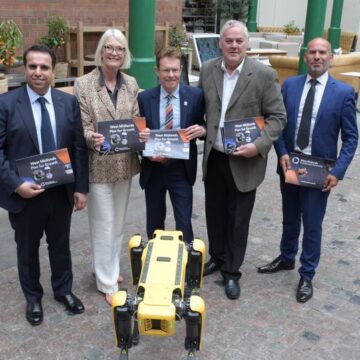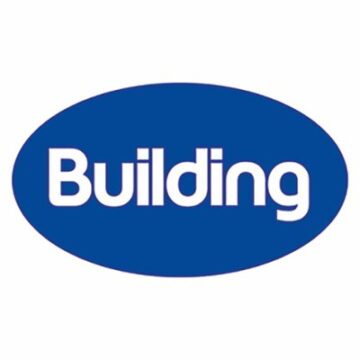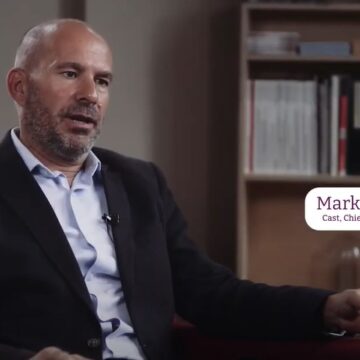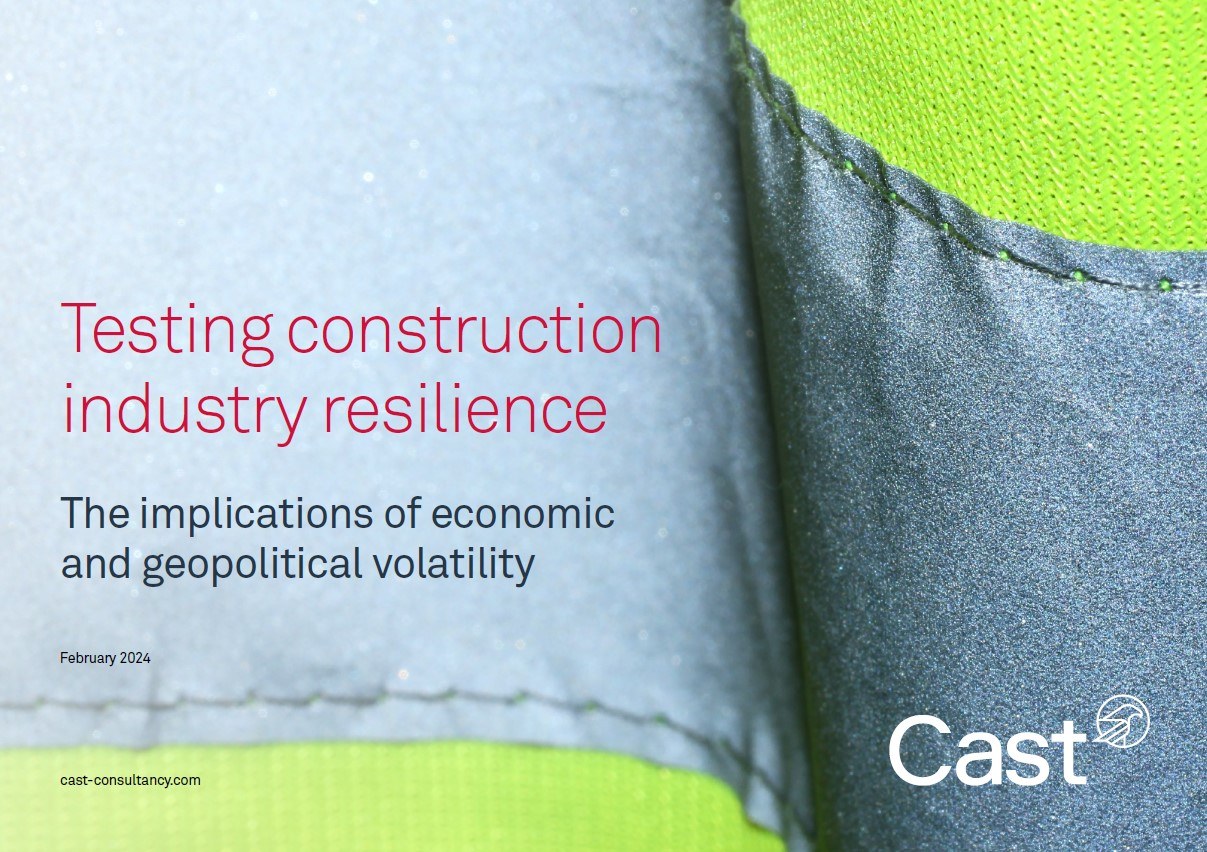An article by the Financial Times reflected on the current state of the housing crisis in the UK with insight from industry experts, including Cast CEO Mark Farmer, as to how MMC could be the driving force that leads to positive change. For the entire article, read below.
Would you be tempted to live in a former rock music venue, a redundant hotel or a disused shopping centre?
London-based start-up Vivahouse believes transforming old commercial buildings into co-living spaces using bespoke flat-pack panels may be the future of housing.
The company, led by a former executive at WeWork, the shared workspace provider, says its units can be assembled in an existing building in a matter of hours, harnessing developments in manufacturing to bypass the usually laborious process of housebuilding.
“Housing is one of the biggest economic problems of my generation,”
says Rajdeep Gahir, co-founder and chief executive of Vivahouse. “The vision of the company is to fully utilise all the unused existing spaces that we have in cities.”
Vivahouse wants to offer short- and medium-term stays in its homes to business travellers and people who have just moved to cities.
Prices start at £500 a week for short stays and £800 a month for long stays, including an app for booking showers. The company held a travelling pop-up in a shopping centre last year, and will soon open its first long-term space in a former music venue in west London.
With sites like these, Vivahouse is one of the more eye-catching examples of flat-pack home construction. But it is not alone in looking to manufacturing technology as a potentially profitable means to solve urban housing problems.
“There is growing interest in entering the [offsite housing manufacturing] sector,”
says Mark Farmer, a UK construction consultant who has been involved in due diligence on potential acquisitions funded by large institutional backers.
Legal & General, the UK insurer, set up its own modular housing factory in 2016. Private capital is also pushing into the market: Katerra, a US offsite construction start-up, raised $865m last year from investors including SoftBank’s Vision Fund and Soros Fund Management. TDR Capital, a European mid-market private equity group, is backing Ilke Homes, a UK-based offsite manufacturing start-up that delivered its first homes last year.
Farmer says offsite manufacturing requires a fresh way of thinking about housing, particularly in the UK, which has a long tradition of brick housebuilding. In Japan, companies such as carmaker Toyota operate their own housing divisions, mainly using timber and steel construction.
“In Japan, housing is viewed as a depreciating asset, like a car,”
says Farmer. “It is a very different approach. They manufacture buildings designed for 50 to 100 years, but many people will renew their house on a plot after 30 years.
“There are showrooms where you can pick your house type and customise it. It turns up a few weeks later and can be put together in a couple of days. A lot of the factories are highly automated.”
He cautions, however, that most offsite housebuilding does not conform to the stereotype of “an entire house or apartment arriving on the back of a lorry and being craned in”. Rather, manufacturers are putting together bathrooms, kitchens and facades, moving construction work to areas where jobs are scarce rather than those facing construction labour shortages.
Some investors view the construction of modular units as a profitable business in itself, with units sold on to developers. Others, such as Legal & General and Katerra, also carry out housing developments on the ground.
In countries such as Sweden and Japan, offsite elements and entire prefabricated homes are an established part of the housebuilding sector. But in markets such as the UK and US, there have been many false starts.
The US real estate developer Forest City (acquired by Canada’s Brookfield last year) launched an offsite construction division in 2011 but five years later sold it to a former executive. The offsite division of UK construction company Laing O’Rourke contributed to heavy losses in 2015 and 2016, though the group said last year the division was no longer lossmaking. Farmer says a lack of common standards in the UK has kept the market fragmented.
Alastair Stewart is a construction analyst at Stockdale Securities in London. “The problem is that when [companies] think it is a good idea to embark on offsite construction, you are at the top of the [real estate] cycle and that is when building costs are at their highest,” he says. “It makes sense, then, to use pre-assembled units, but by the time you have built the factory and got it up and running, you are back down to the bottom of the next cycle and it is cheaper to hire people and do it the old-fashioned way. “One day modular construction will work, but for the last three and a half decades it has run into all sorts of problems.”
Vivahouse, meanwhile, has so far been funded by angel investors including Demetrios Zoppos, co-founder of Onefinestay, the hospitality company. It hopes to raise further funding this year and says its sites offer old-fashioned basics such as access to natural light.
Gahir says it took some time to find a company that offered a suitable product that did not require a crane. Vivahouse developed composite panels, made near Liverpool, which fit into a service elevator and can then be clicked together. She says this is part of the company’s “secret sauce”. Does she believe her proposition can become profitable? “Absolutely.”










